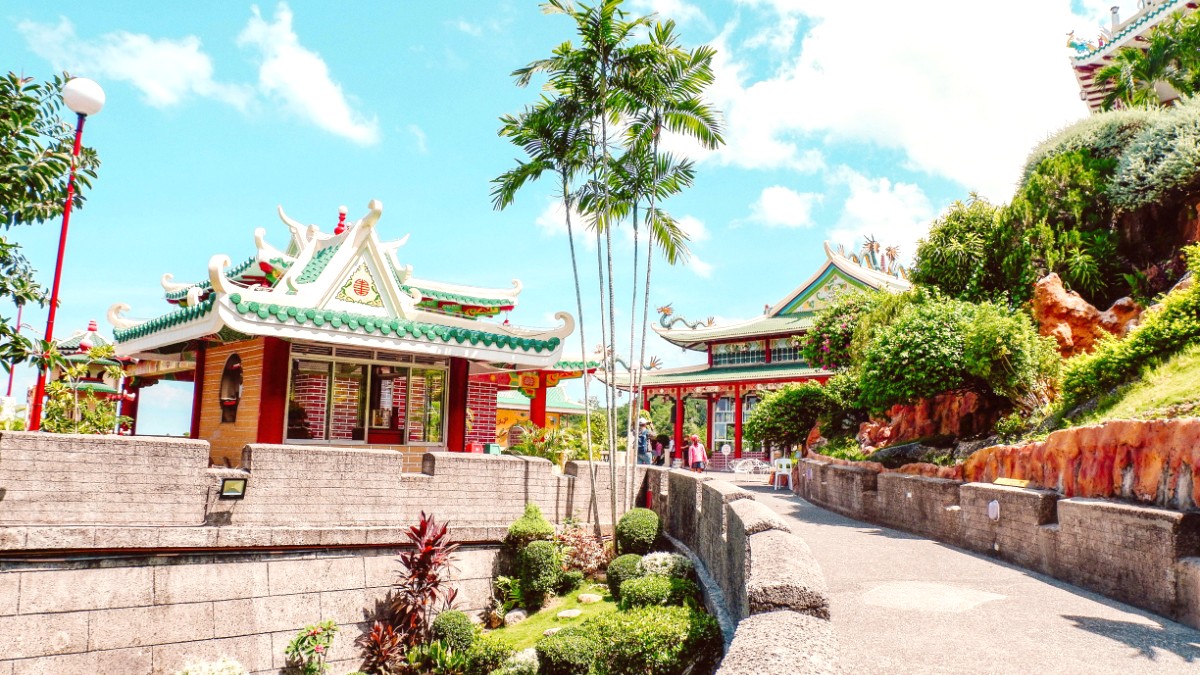
The Visayas, Philippines
Marine Protected Areas (MPAs) like Pescador Island have strict rules to protect marine biodiversity.
Plastic pollution is an issue. Reduce single-use plastics. Bring reusable water bottles and bags. Find reusable items at Package Free Shop. Consider sustainable gear from Patagonia.
Water scarcity can arise. Take shorter showers, turn off taps, report leaks to accommodation.
Your choices on accommodation and tours shape the destination's future.
Seek resorts highlighting environmental practices: waste management, renewable energy.
Prioritize operators involved in conservation, promoting responsible diving.
Contribute to projects that reduce greenhouse gas emissions.
Further ways to support environmental efforts at the destination.
Minimize single-use plastics and dispose of trash correctly.
Practice water conservation during your stay.
Embrace and show respect for local customs for a richer travel experience.
Support local artisans by buying handmade crafts. Visit museums and historical sites.
Dress modestly, ask permission for photos, use polite phrases.
Avoid intrusive photography. Respect privacy.
Modest dress is required. Maintain silence.
Your travel choices directly shape the local economy. Support fair practices.
Seek tours or accommodations that directly benefit local communities.
Purchase handicrafts directly from artisans or certified fair-trade shops.
Patronize carenderias, local markets, and locally owned transport like jeepneys.
Your interactions and support contribute to a positive cultural exchange and economic well-being for local communities.
Your choices directly shape the local economy. Support fair practices and community benefit.
Seek tours or accommodations that directly benefit local communities.
Purchase handicrafts and souvenirs directly from local artisans.
Patronize local eateries and markets for direct income to families.
Your interactions contribute to the community's overall well-being.
Your choices have a direct influence on the well-being of the local people and environment.
Support businesses that provide equitable pay to their staff.
Aid local projects and initiatives thrive with your patronage.
Aid in preserving traditional skills and community identity.
Be vigilant against child labor, exploitation, or abuse. Report suspicious activity to authorities. Research animal encounters thoroughly, choose ethical operators.
Instead of giving money to individual beggars, donate to established, reputable local charities or NGOs. These groups focus on long-term solutions for communities.